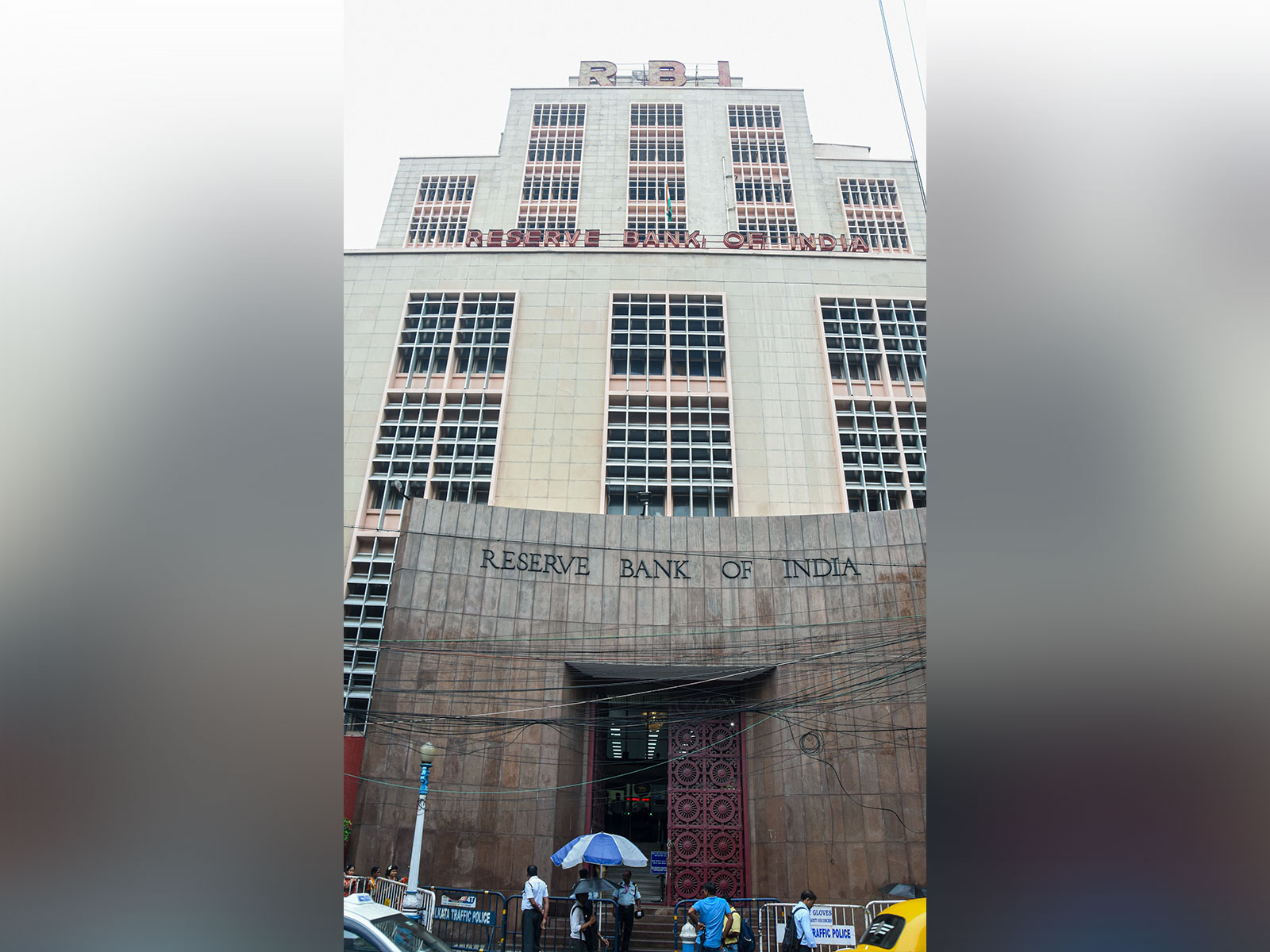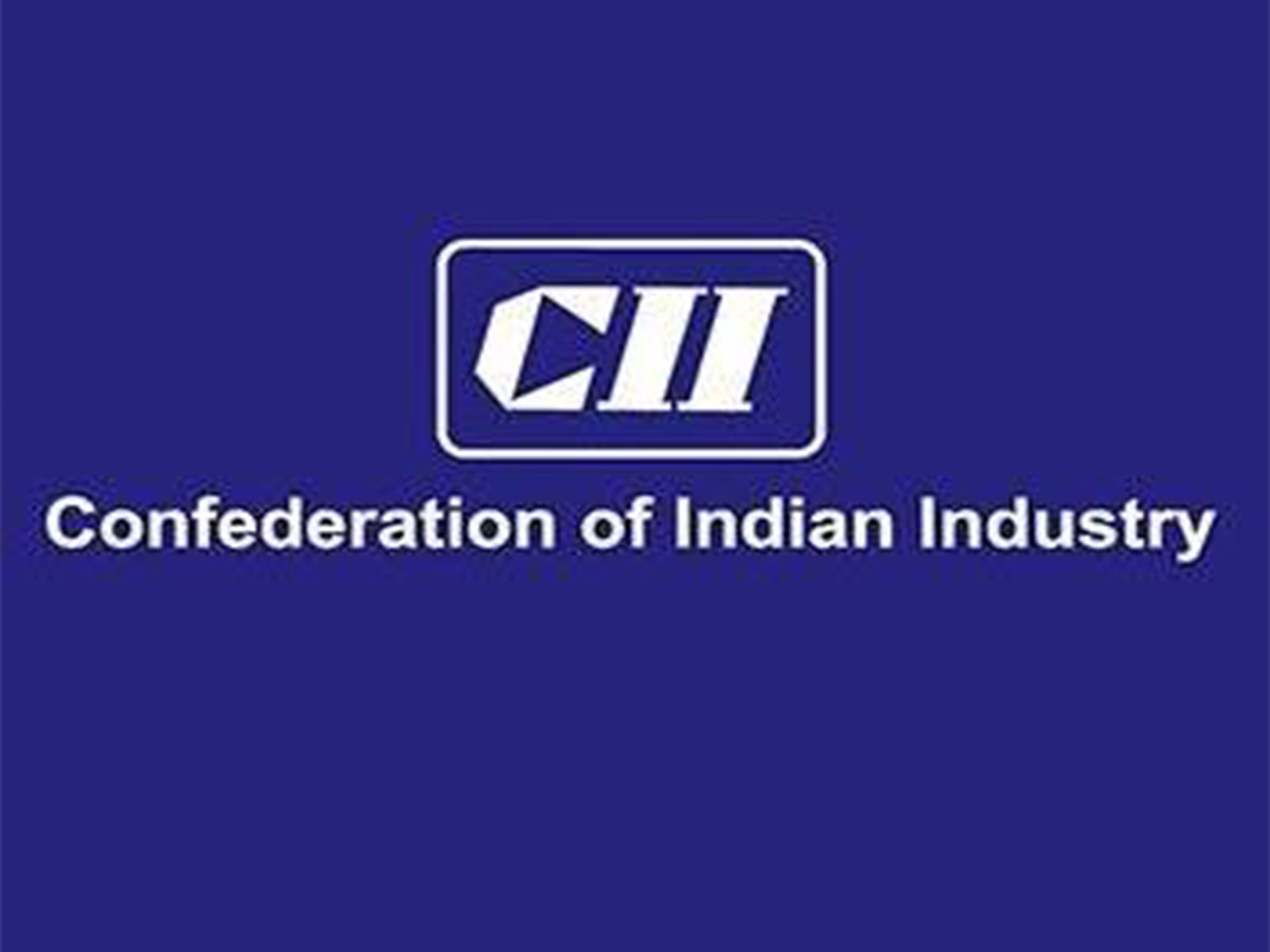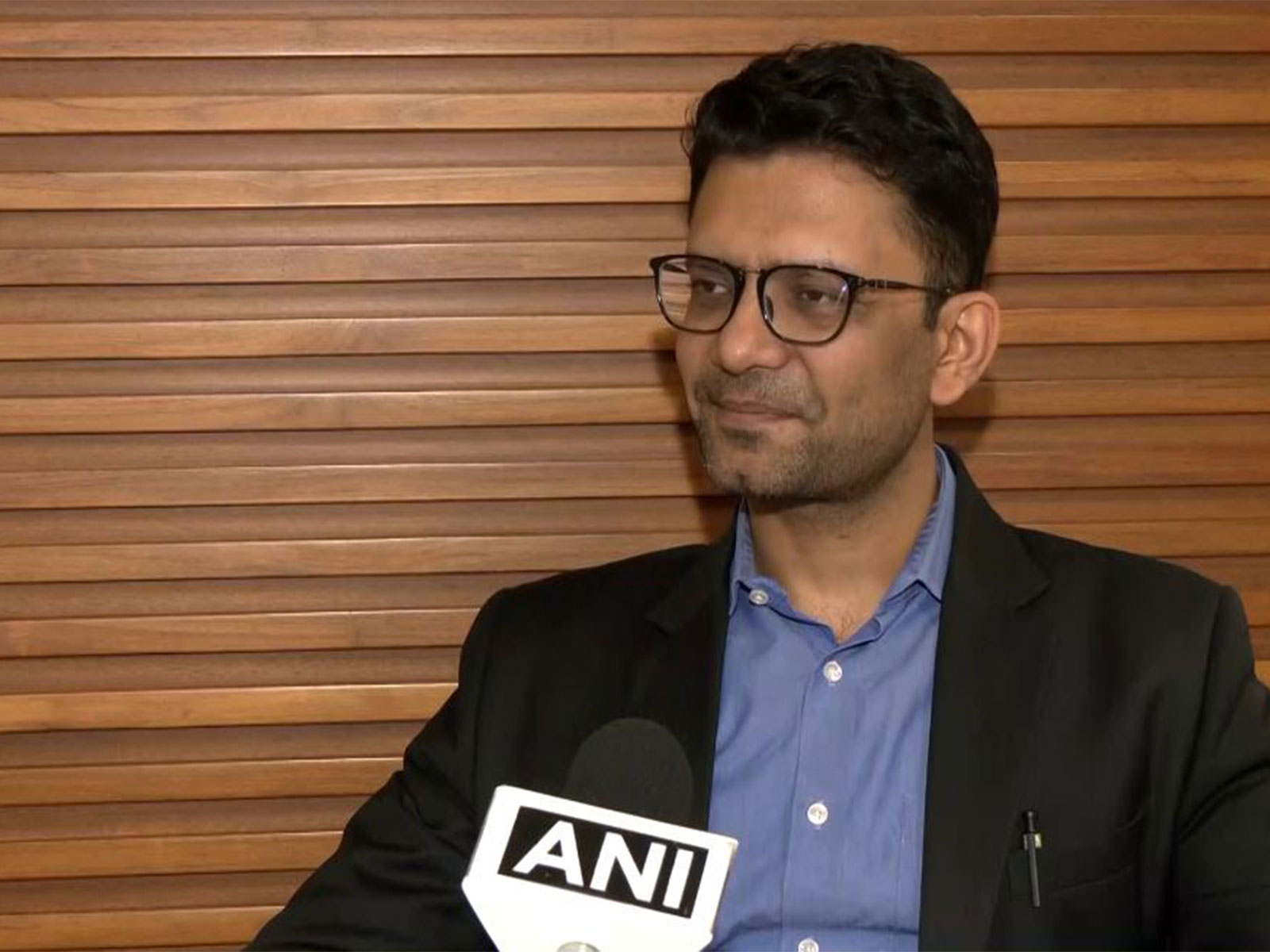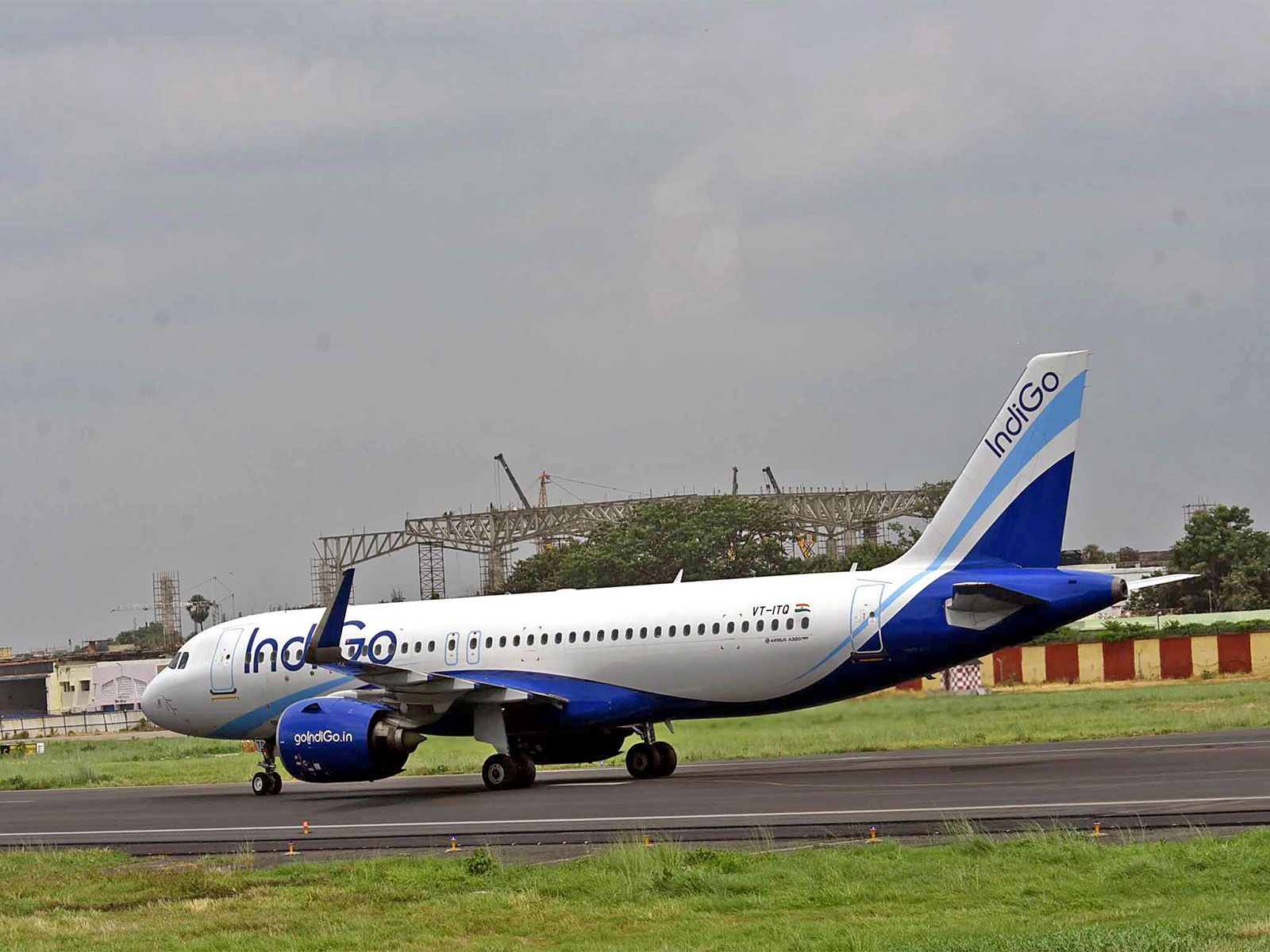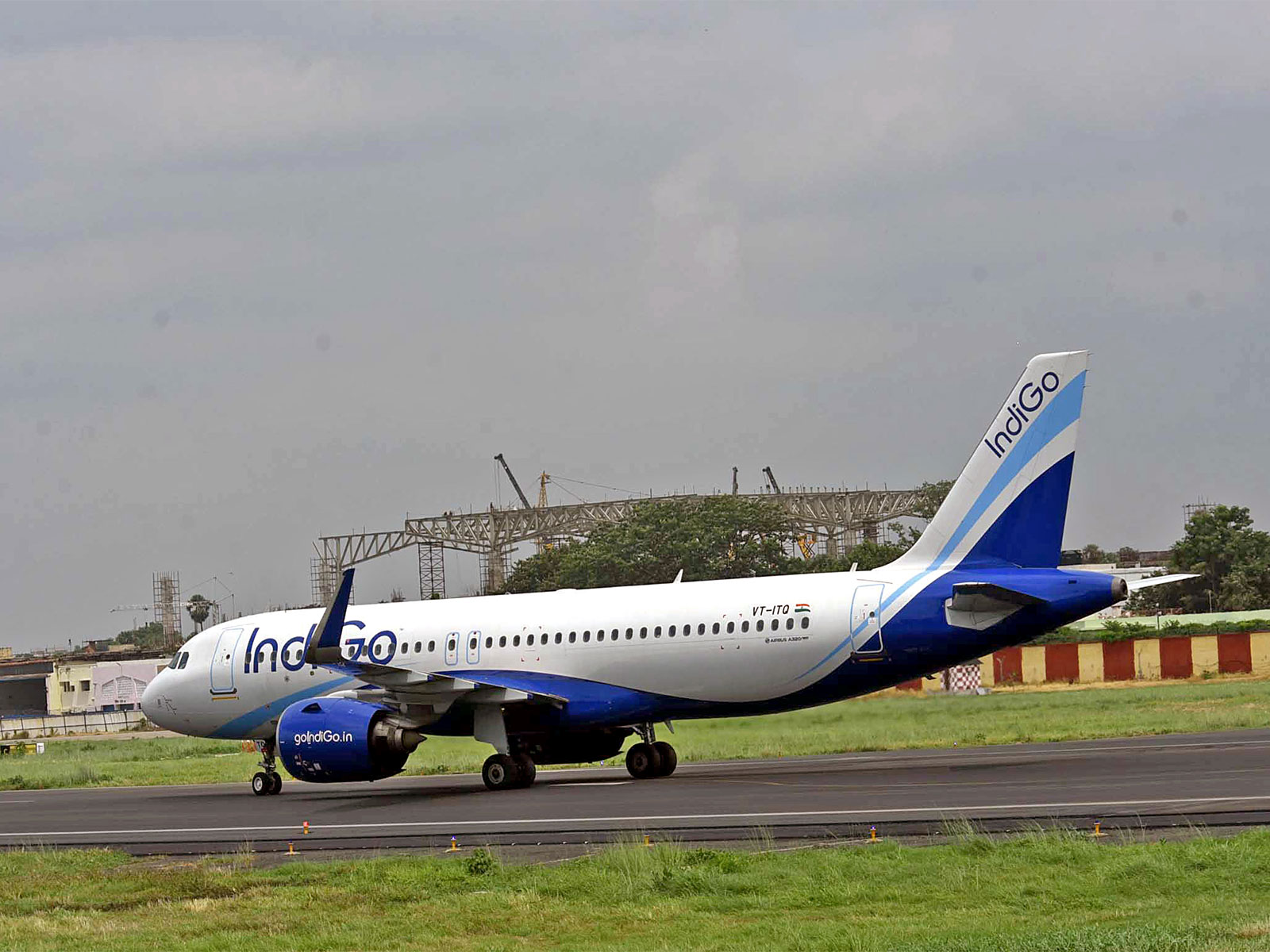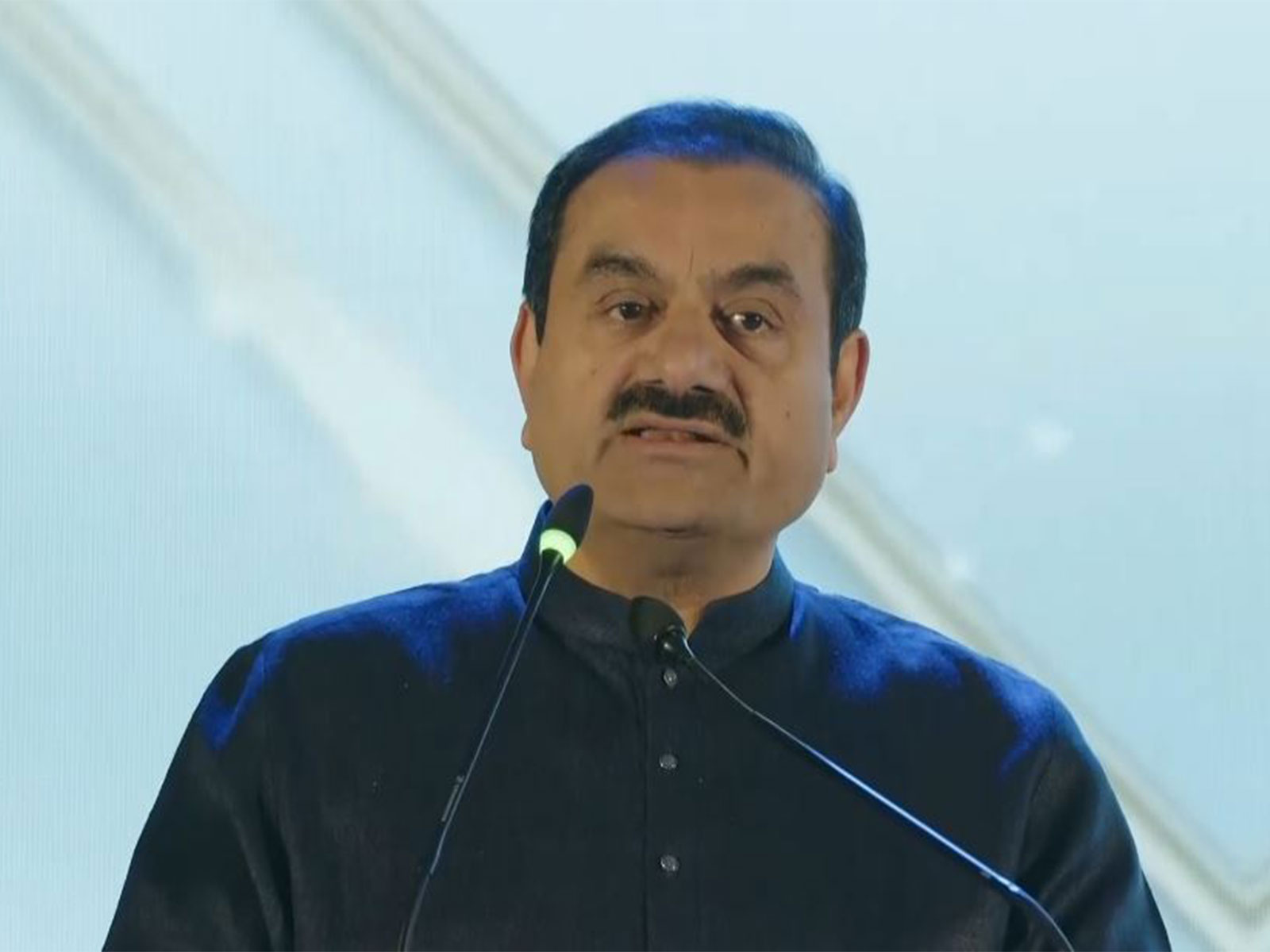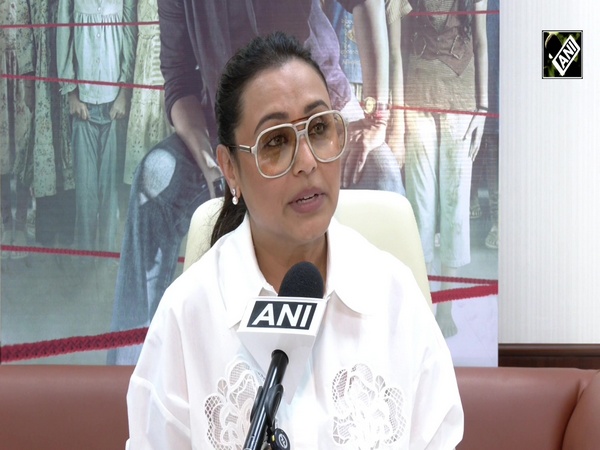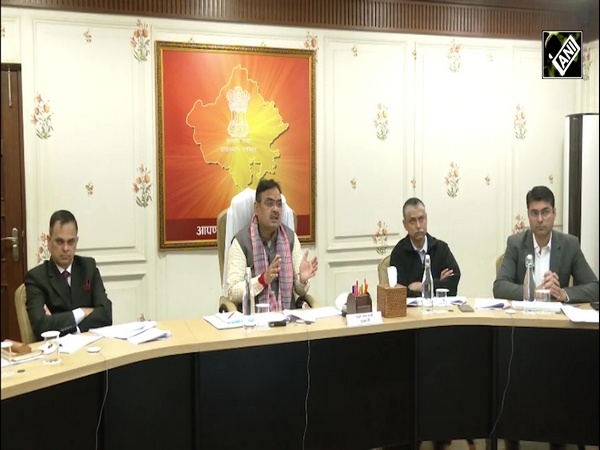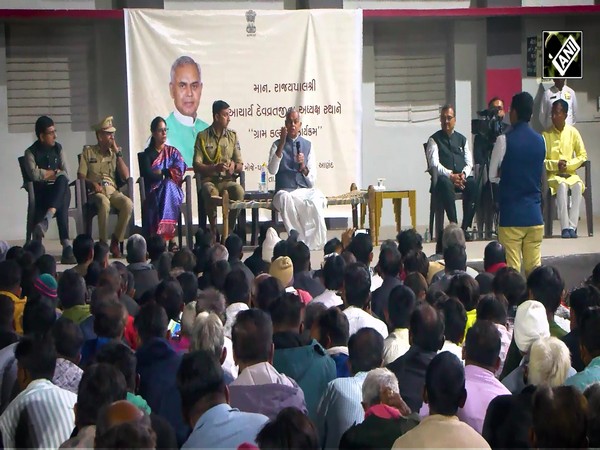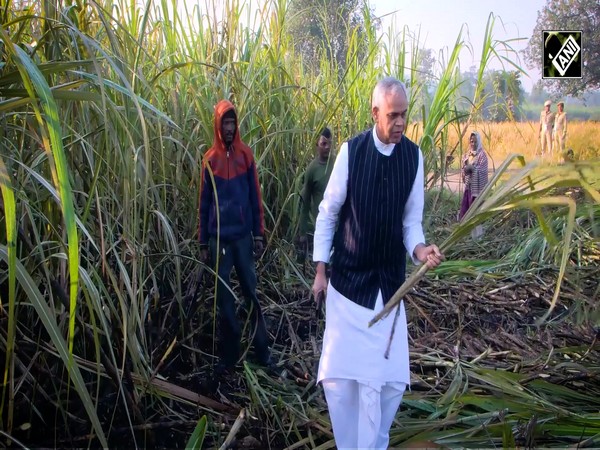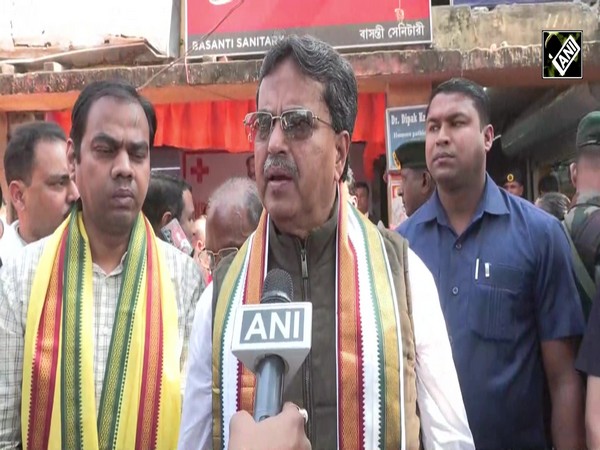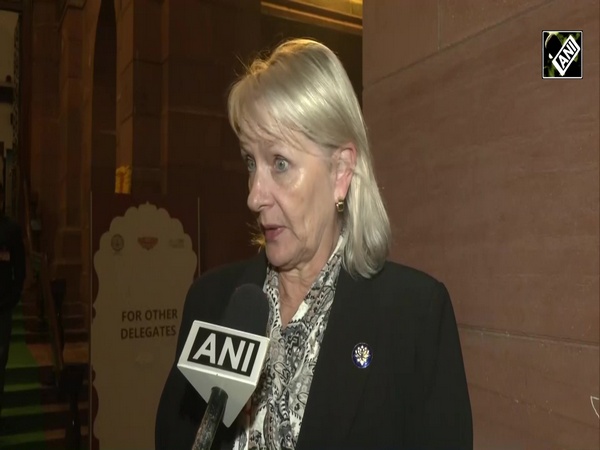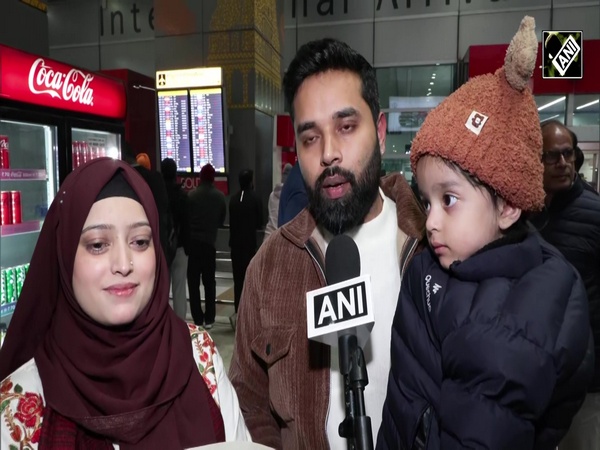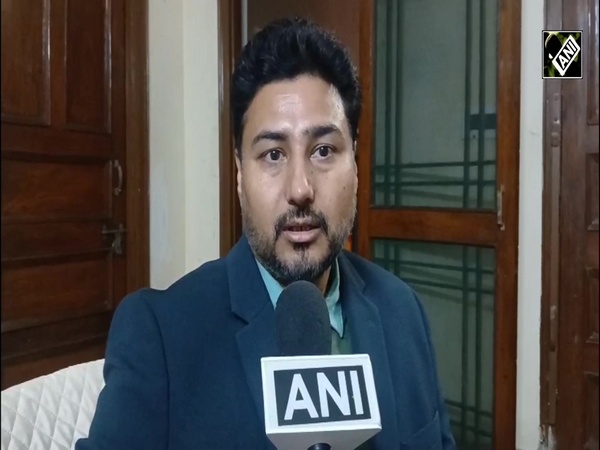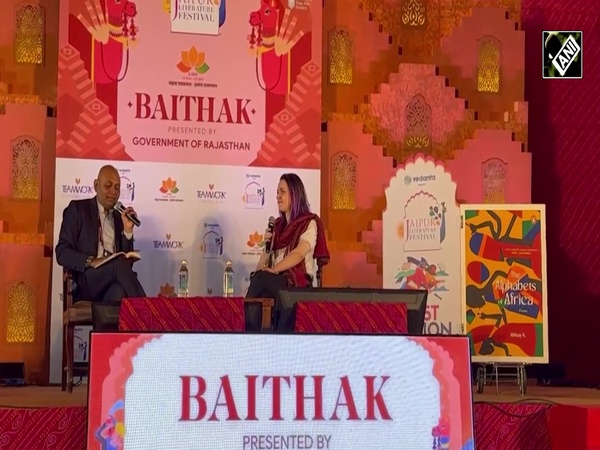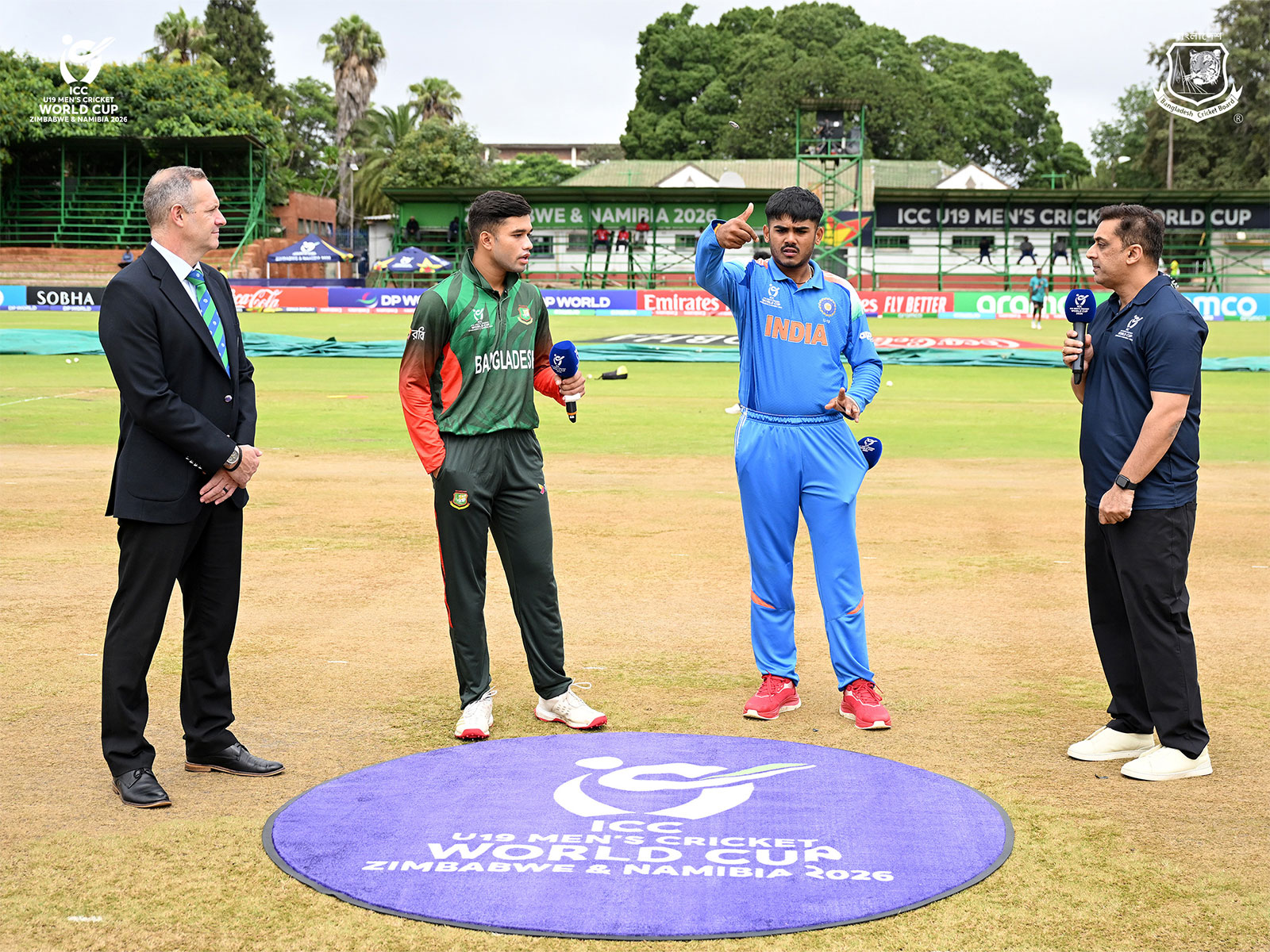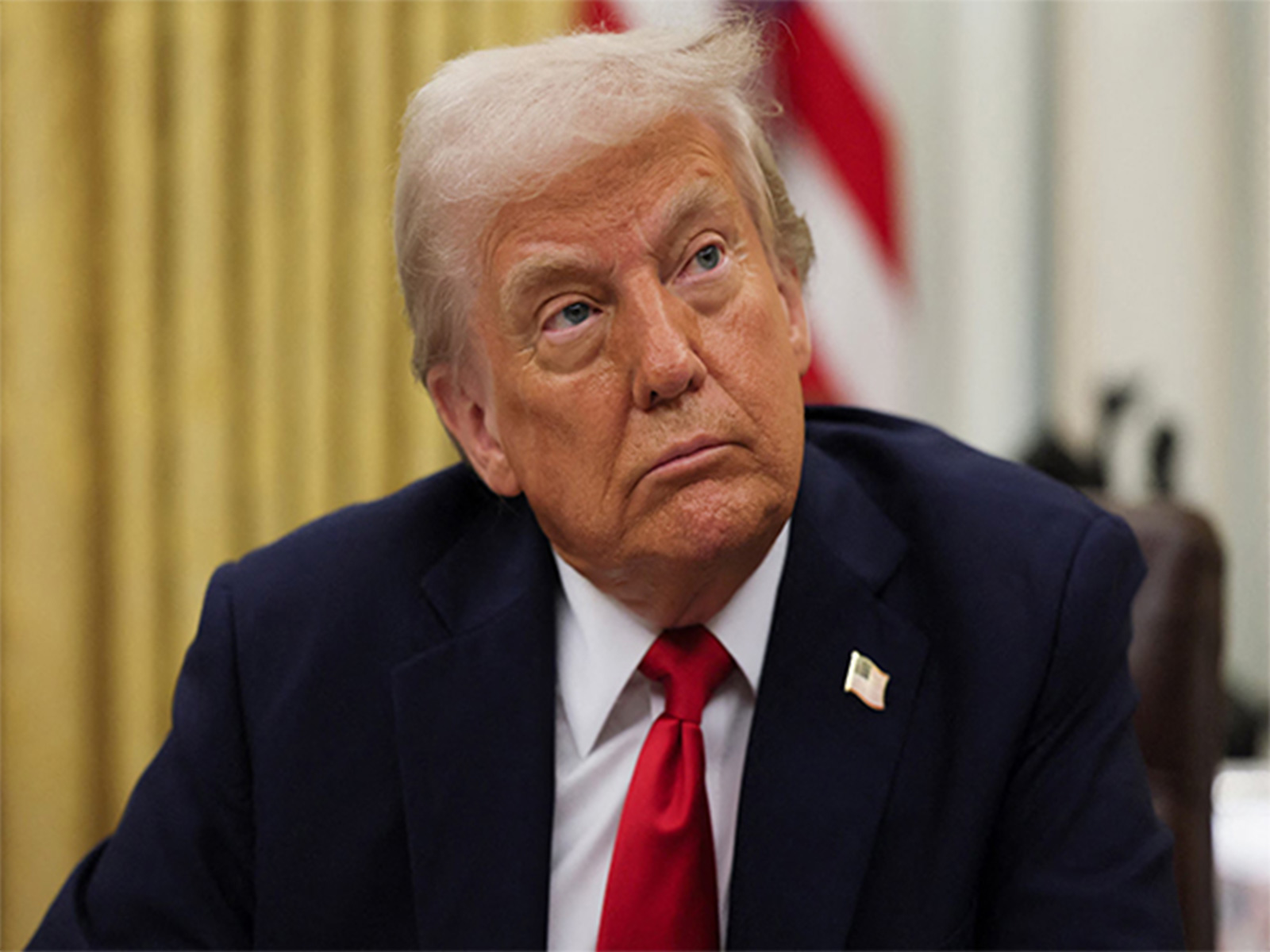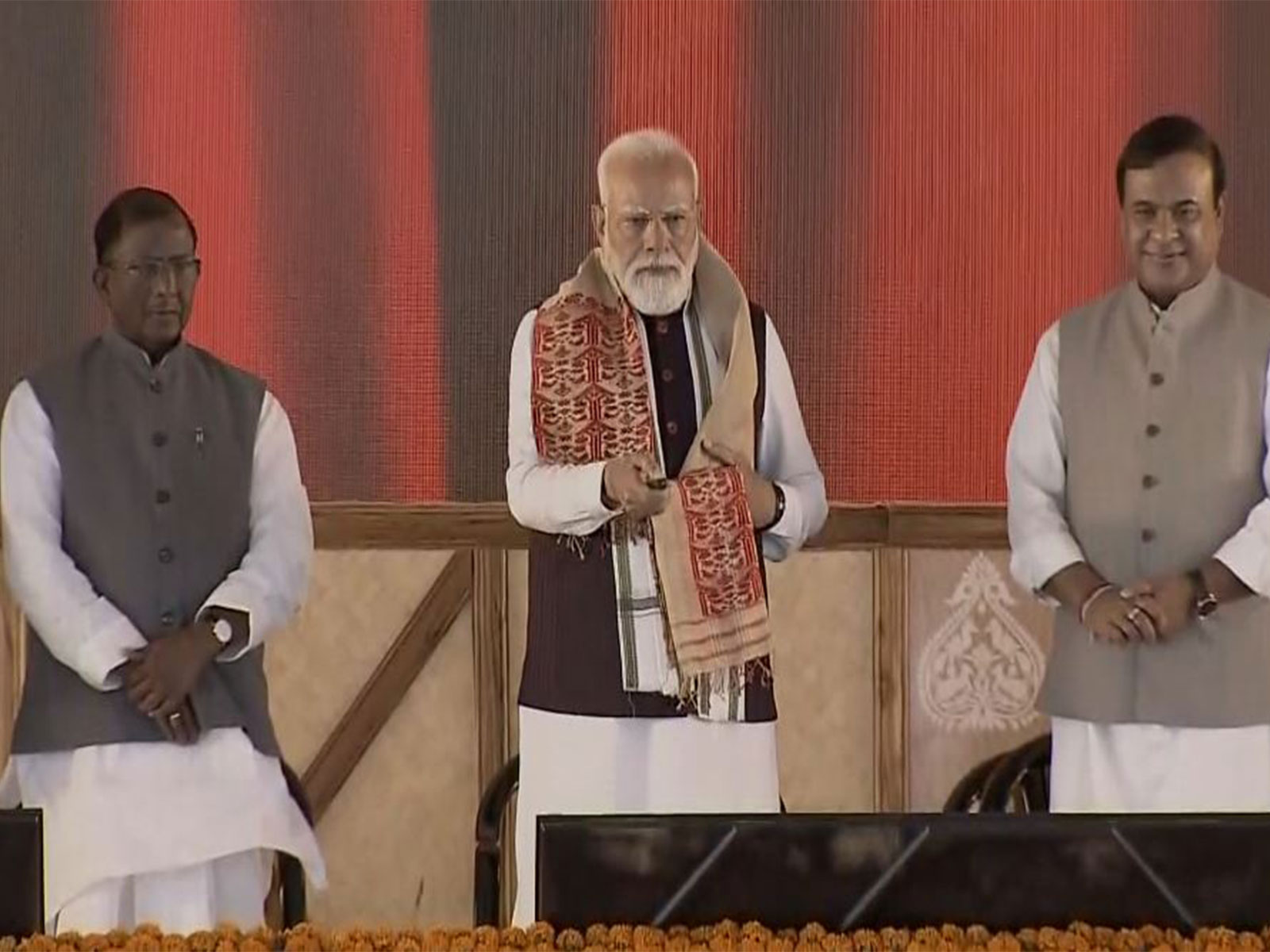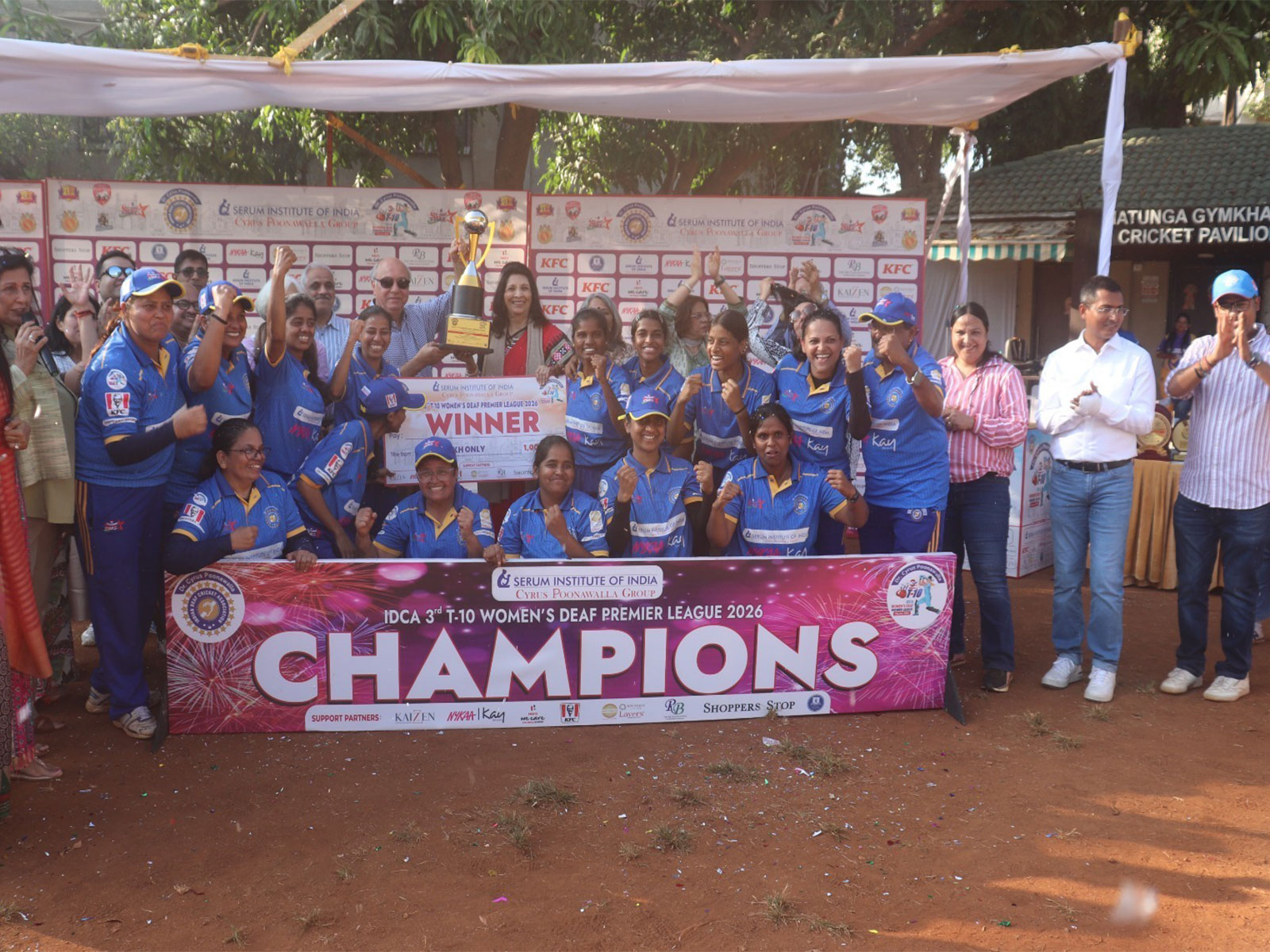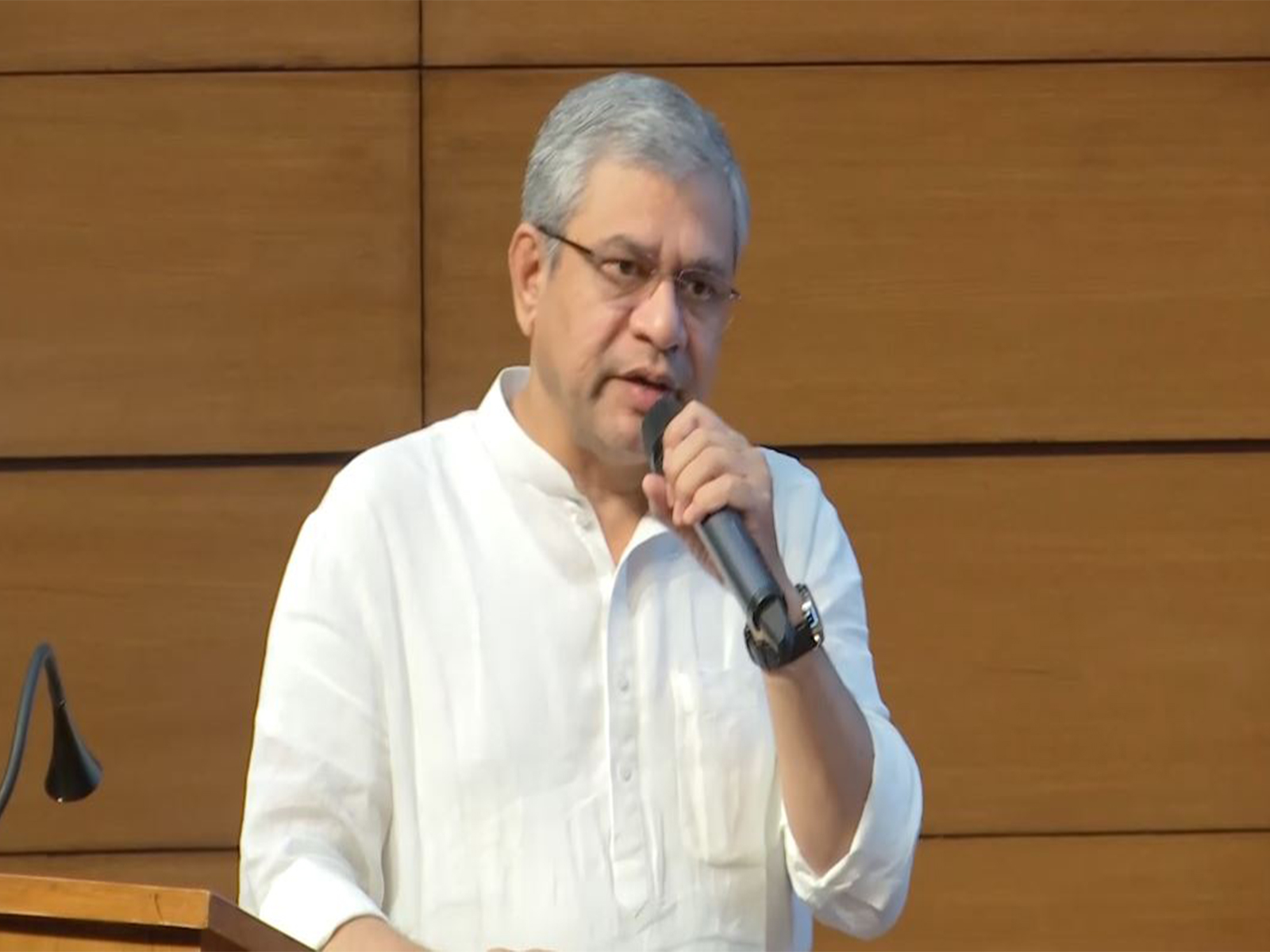
Chipsets for multiple applications including CCTVs being developed in India: Minister Ashwini Vaishnaw
Oct 25, 2025
New Delhi [India], October 25 : India is developing advanced chipsets that will be able to run various high-tech applications, including CCTVs, Minister for Electronics and Information Technology Ashwini Vaishnaw said on Saturday, highlighting the country's rapid strides in indigenous capabilities.
The government will invest more than Rs 200 crore to develop energy-efficient microprocessors for high-performance computing, including servers, the Union minister said.
Semiconductor chips are at the heart of modern technology. They power essential systems in healthcare, transport, communication, defence, and space. As the world moves toward greater digitalisation and automation, semiconductors have become integral to economic security and strategic independence.
In just four years, since the launch of the India Semiconductor Mission (ISM) in 2021, India has transformed its semiconductor journey from vision to reality. Under the mission, Rs 76,000 crore were allocated and nearly Rs 65,000 crore has already been committed.
The Ministry of Electronics and Information Technology (MeitY) has already begun work on the next phase of India's semiconductor programme, Semicon 2.0, and is currently holding internal discussions and with various line ministries to finalise its contours.
Mobile phone components, railway anti-collision system Kavach, UPI, and, of late, the large-scale adoption of IT platform Zoho are examples of innovations that emanated from Indian soil.
So far, over 12 lakh central government employees have been onboarded on Zoho's swadeshi digital suite (Writer, Show, Drive, etc.), Minister Vaishnaw said.
With over 55 apps across nearly every major business category, Zoho Corporation is one of the world's most prolific technology companies. Headquartered in Chennai, India, Zoho is a privately held, profitable company that employs more than 18,000 people worldwide, according to its website.
Vaishnaw, who is Railways and Information and Broadcasting Minister, had recently urged people to join Prime Minister Narendra Modi's call for 'Swadeshi' by adopting indigenous products and services. PM Modi has been repeatedly laying thrust on self-reliance across various sectors.
PM Modi has emphasised the importance of maintaining quality standards and nurturing a strong spirit of buying Made in India products.
Minister Vaishnaw also said today that within two years, India will achieve complete domestic production of mobile phone components.
India's electronics manufacturing sector has grown exponentially over the past decade, with total production increasing from Rs 2.4 lakh crore in 2014 to Rs 9.8 lakh crore in 2024. Mobile manufacturing alone has reached Rs 4.4 lakh crore, with exports at Rs 1.5 lakh crore in 2024. As high as 98 per cent of the mobile phones used in India are now being manufactured in India with Smartphones becoming one of the top largest export items from India.
In 2017, Apple started manufacturing iPhones in India. As part of its Atmanirbhar and Make in India plan, the government launched production incentive (PLI) schemes in varied sectors, including electronics, to make Indian manufacturers globally competitive, attract investments, enhance exports, integrate India into the global supply chain and reduce dependency on imports.
